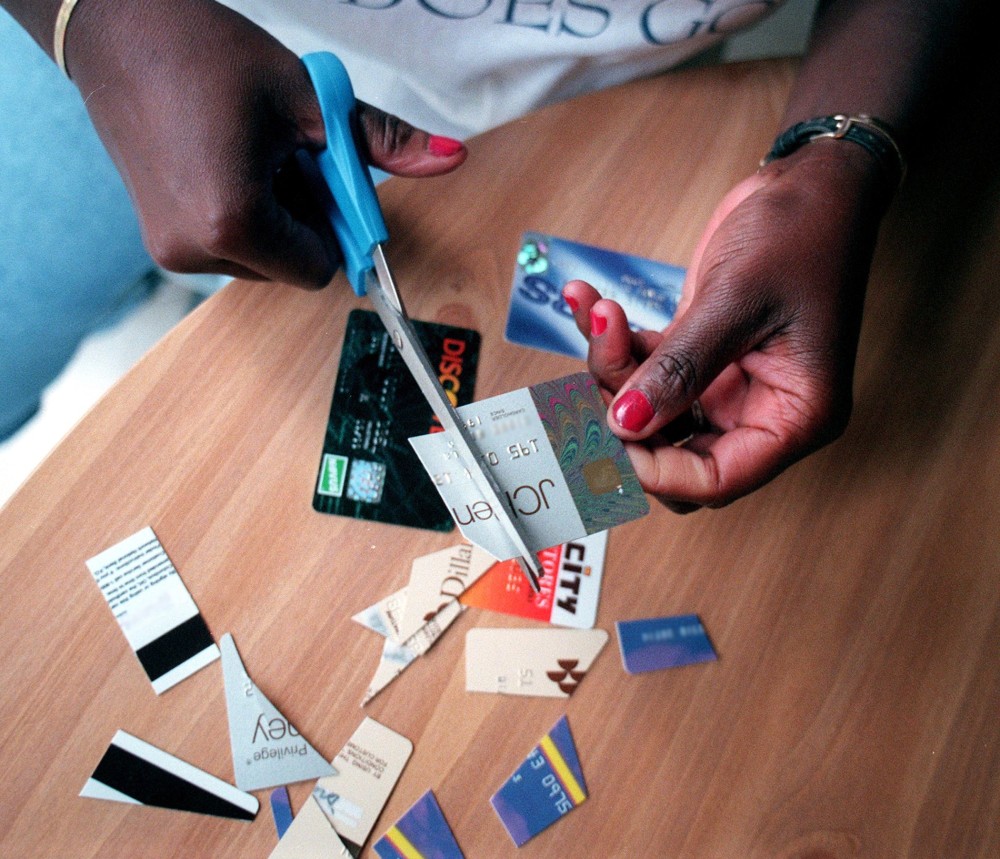By Mary Beth Storjohann
AdviceIQ.
Living paycheck to paycheck causes obvious stress. Even worse, it puts you at risk for financial disaster when an unexpected expense or loss of income drives you to credit cards and mushrooming debt. Here’s how to escape this vicious merry-go-round.
Economists at Princeton and New York University estimate that about a third of all U.S. households live paycheck to paycheck.
Some of these households hold a small number of assets but many have hard-to-access illiquid holdings such as houses and retirement accounts.
Nevertheless, you can break this trap.
REALIZE THE BENEFITS
You need to make a few changes in your lifestyle. Instead of feeling deprived when cutting costs, think of what you’ll gain.
After gaining control of your finances, you can pay off debts, build an emergency fund to protect your family, save for large purchases and invest for a comfortable retirement. Understanding such plusses makes getting (and staying) motivated easier.
SPEND WITH PURPOSE
To put your money where you want it, track your spending to understand your current spending.
You can use online tools like Mint.com or downloadable software like You Need A Budget. If you like low-tech solutions, keep your paper receipts for a month. Once you form a view of your spending, create a realistic spending plan. To supercharge your savings, pull out cash for your frequent and pricey outlays like groceries and entertainment.
CUT COSTS
To stop living paycheck to paycheck, you need to reduce your expenses. One of the best tactics, because it’s easy to get your arms around: lower your monthly recurring outlays. Have a gym membership you don’t use? Subscribe to a magazine you barely read? Can you switch providers to reduce your phone bill, or call your utility companies and negotiate a lower rate?
Making these changes takes effort, but from then on you keep saving with no additional effort. Cutting costs also doesn’t automatically mean that you deprive yourself. If you like to go out with friends, for instance, find free and fun activities nearby, or invite friends over for a dinner instead of going to a costly restaurant.
BOOST INCOME
If you cut costs to the bone, consider how you can earn more. Ask your boss for a raise. Find a part-time job for a few months or do odd jobs for friends, family and neighbors. Do freelance or consulting work or use sites like eBay to sell possessions you no longer want or use.
PAY YOURSELF FIRST
Start a nest egg before you do anything else with your money. Set up a savings account with an automatic transfer right away. You might miss the cash, but if it’s out of your hands, you’re less likely to spend it. If no high-interest debt needs your financial attention immediately, give yourself a goal of saving at least three months’ expenses. One reason people end up living paycheck to paycheck: digging out from unexpected big-ticket costs such as car repairs, a medical bill or a job loss.
Eventually, you want to invest for retirement. If your workplace offers a 401(k) plan or an individual retirement account, take advantage. Again, since the money comes out before it even hits your pay, you barely notice it’s gone.
Once you escape a hand-to-mouth financial life, make sure you never go back. As your income increases over time, use at least half to fund your wealth-building plans. Saving, paying down debt and investing are among your best tools to break the cycle forever.
___
ABOUT THE WRITER
Mary Beth Storjohann is the founder of Workable Wealth, a registered investment advisory in San Diego. She writes for AdviceIQ, which delivers quality personal finance articles by both financial advisors and AdviceIQ editors.














































































































































































































































































































































































